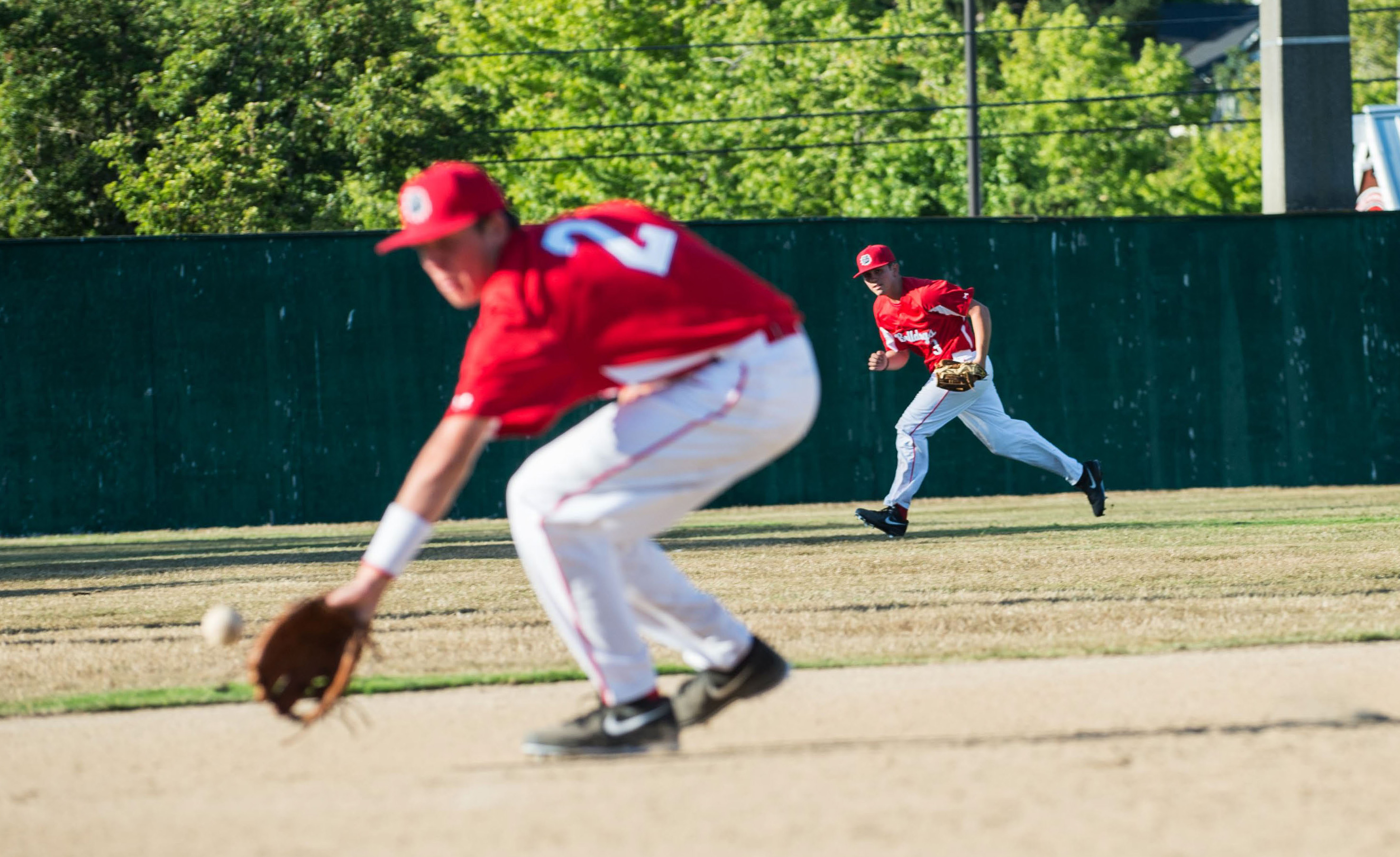
The ball was squared up. Red Sox centerfielder Jarren Duran broke back on a beeline straight to the wall. Unable to make the play, he quickly recovered the ball on the warning track, threw it to the cutoff man who unsuccessfully tried to gun down the batter who finished standing on third base with a triple. That’s what everyone saw on television.
What very few saw, or even cared to look for, for that matter, was Marwin Gonzalez and Hunter Renfroe, Boston’s left and right fielders during the play. As the Minor League Outfield and Baserunning Coordinator, my eyes don’t always follow the ball. Sometimes I will watch a baserunner’s route down the line from home to 1st. Other times, I may lock in on an outfielder’s approach to the ball. Often, I look to see if guys are moving into their correct backup position, a foundational staple of our culture among outfielders with the Red Sox. During this play to Duran, I didn’t purposely take my eyes off the batted ball. Rather it was the sight of both Gonzalez and Renfroe running across the entire outfield in a dead sprint to back up the play that was headed off the wall in center that grabbed my attention. Neither touched the ball, but both were there just in case they needed to.
Just in case. Even though no one (besides me) was watching.
Flashback to the fall of 1996. As a wide-eyed as a freshman just weeks into my first year as a member of the Rutgers University baseball program, I would get to my locker where a newspaper or magazine article was often waiting for me, courtesy of our head coach, Fred Hill. One stuck out in particular; a New York Times article about Derek Jeter who was about to finish up his Rookie of the Year season with the Yankees.
In the article, he noted the impact that then-star first baseman Don Mattingly had on him with regard to developing his professionalism to go about his business the right way. One previous Spring Training, before Jeter had even made his Major League debut, he told a story about how he and Mattingly were the last two guys on a back field getting some extra defensive work in to finish their day. As they started back to the clubhouse, Mattingly said to Jeter, “let’s jog it in. You never know who is watching.” I carried that article with me for years after graduating and still think of it often when trying to get our players to be pros, whether someone is watching or not.
You never know who is watching. Even when no one is.
The player was an intriguing prospect. We had gotten reports from some local coaches who we trusted that this second baseman might be a really good fit for what we were looking for at Rutgers. So, as our recruiting coordinator, I began the process with him and planned to go watch him play. Wanting him to know of our interest, I made sure that he knew I was coming to his game that day. He was indeed a very good player, had some passion to play the game, and hustled everywhere on the field. I reported back to Coach Hill that this was someone we needed to stay on.
Coach Hill was happy to hear that I liked the kid, and then told me to go see him again, but this time instructed me to NOT tell him that I was coming; a little trick that Coach Hill did all the time just to see if the player acted any different when he thought no one was there to see him.
This second time I saw him, it was like I was watching a completely different player. He jogged slowly when he should have been sprinting down the line. He literally walked out to his position in the field in between innings, as if playing defense was the last thing he wanted to do. And worst of all, he was a horrible teammate, showing up his double play partner on an error, which came after yelling at his pitcher following a walk. Though he had the ability to become a Scarlet Knight, his attitude wasn’t one that we wanted in our program and the only reason we saw that was because he thought no one was watching.
When he thought no one was watching, he wrote the end to his story, with us.
There is a term amongst baseball circles as it relates to only doing something because someone else is watching. It’s called "eyewash", and it is not a term of endearment. It’s easy to do the right thing when you know that all eyes are on you. But it’s when people aren’t watching that it’s that much more important to do the right thing, because that’s what is truly inside of you. It’s when no one is watching is when players are truly made.